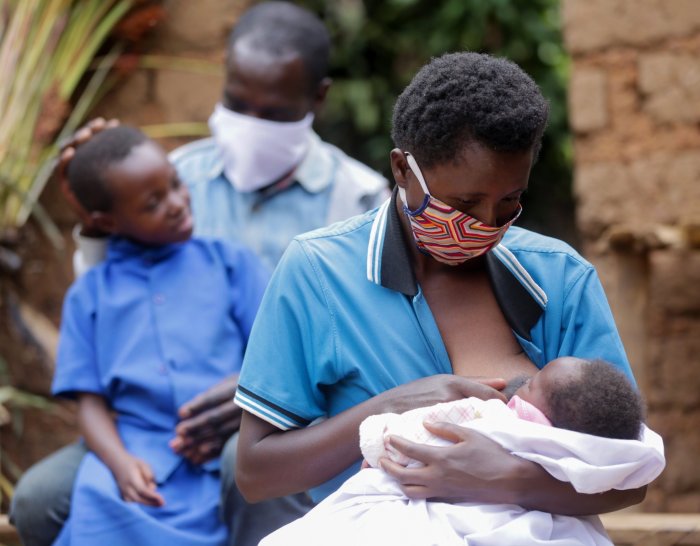By Lerato Ndlovu
World Breastfeeding Week celebrated every year from the 1st to 7th of August raises awareness on the importance of breastfeeding to children’s health and survival.
This year WHO and UNICEF commemorates the week under the theme “Protect Breastfeeding: A Shared Responsibility” following the launch of the Nutrition for growth year of action at the beginning of the year by governments, donors, civil society and the private sector.
WHO Director General Dr. Tedros Adhanom Ghebreyesus said the Covid-19 pandemic has caused disruptions in breastfeeding support systems globally yet increasing the risk of food insecurity and malnutrition.
“While there has been progress in breastfeeding rates in the last four decades – with a 50 per cent increase in the prevalence of exclusive breastfeeding globally – the COVID-19 pandemic highlights the fragility of those gains.
“In many countries, the pandemic has caused significant disruptions in breastfeeding support services, while increasing the risk of food insecurity and malnutrition.
“Several countries have reported that producers of baby foods have compounded these risks by invoking unfounded fears that breastfeeding can transmit COVID-19 and marketing their products as a safer alternative to breastfeeding”.
UNICEF executive Director Henrietta Fore said breast feeding acts as the babies first vaccine that protects them against many common childhood illness, hence continued breastfeeding upto two years or beyong offers a line of defence against malnutrition.
“Initiation of breastfeeding within the first hour of birth, followed by exclusive breastfeeding for six months and continued breastfeeding for up to two years or beyond offer a powerful line of defence against all forms of child malnutrition, including wasting and obesity.
“Breastfeeding also acts as babies’ first vaccine, protecting them against many common childhood illness,” she said.
The two organisations stated that this week is a time to revisit the commitments made at the start of this year by prioritizing breastfeeding-friendly environments for mothers and babies, including: Ensuring the International Code of Marketing of breast milk substitutes, established to protect mothers from aggressive marketing practices by the baby food industry is fully implemented by governments, health workers and industry.
Ensuring health care workers have the resources and information they need to effectively support mothers to breastfeed, including through global efforts such as the baby friendly hospital initiative, and guidelines on breastfeeding counselling.
Ensuring employers allow women the time and space they need to breastfeed; including paid parental leave with longer maternity leave; safe places for breastfeeding in the workplace; access to affordable and good-quality childcare; and universal child benefits and adequate wages.
World commemorates Breast feeding week
756
previous post
